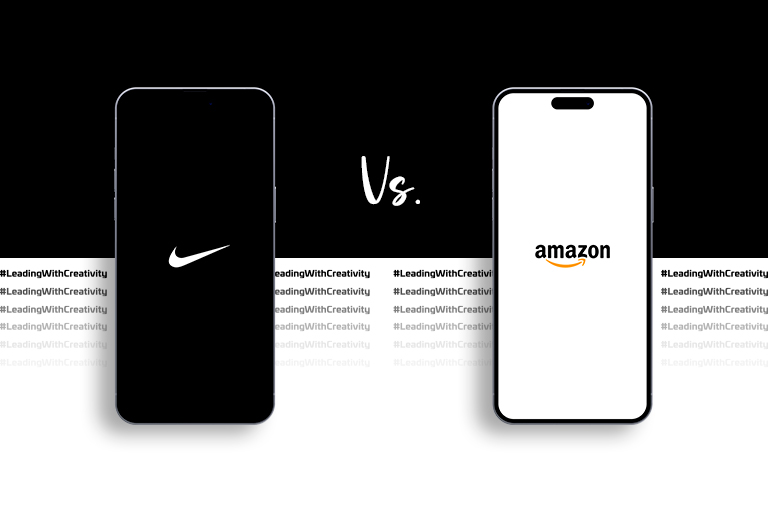In the digital world, the options for selling products online are numerous and varied. Two of the most popular are ecommerce and marketplaces.
Although these models may seem similar, they have significant differences that can affect how you manage your business and reach your customers. In this article, we break down the key differences between ecommerce and marketplaces to help you decide which option is best for you.
What is an Ecommerce?
An ecommerce, or electronic commerce, is an online store owned by a single entity that sells products or services directly to consumers.
Key Features of Ecommerce:
The main benefit of an ecommerce is the total control you have over the store. You can decide on the design, user experience, and sales policies. This allows you to fully customize your store and build a strong, recognizable brand. Additionally, an ecommerce facilitates a direct relationship with customers, which can improve loyalty and customer satisfaction. The ability to personalize is one of the biggest attractions of having your own ecommerce.
Examples of Ecommerce: Brand-specific stores like Zara, Nike, or Apple.
What is a Marketplace?
A marketplace is an online platform where multiple sellers can list and sell their products. The marketplace owner manages the platform, while individual sellers handle their own listings and transactions.
Key Features of a Marketplace:
Marketplaces typically offer a wide range of products from different sellers, attracting a larger number of buyers. Thanks to the high traffic these sites generate, your products can gain visibility with less marketing effort on your part. However, sellers have less control over the design and user experience, as these are managed by the marketplace owner. Additionally, marketplaces generally charge a commission on each sale made through the platform.
Examples of Marketplaces: Amazon, eBay, MercadoLibre.
Comparison Between Ecommerce and Marketplace
Control and Customization: In an ecommerce, you have total control over the store and user experience, allowing for greater customization and a stronger brand build. In contrast, in a marketplace, control over appearance and functionality is limited, as it is determined by the marketplace platform.
Costs: The initial costs for an ecommerce can be higher due to the need to develop and maintain the website. However, once established, you won’t have to pay commissions on each sale. Conversely, the initial costs to join a marketplace are lower, as the platform is ready to use, but there are commissions on each sale made.
Reach and Traffic: Traffic to an ecommerce depends on your marketing and SEO efforts. It can be more challenging to attract visitors without a robust strategy. Marketplaces benefit from the existing traffic of the platform, which can increase visibility with less marketing effort.
Customer Relationship: An ecommerce allows for a direct relationship with customers, which can improve loyalty and service personalization. In a marketplace, the relationship with the customer can be more impersonal, as the platform acts as an intermediary.
Maintenance and Management: Maintaining an ecommerce requires continuous effort in managing and updating the site, as well as customer service. Marketplaces handle many technical and management aspects, allowing sellers to focus more on their products and sales.
Which is the Best Option for Your Business?
The choice between an ecommerce and a marketplace depends on your goals, resources, and preferences. If you want complete control over your brand and customer experience, an ecommerce might be the best option. However, if you seek to maximize visibility and reduce initial costs, a marketplace could be more suitable.
Both ecommerce and marketplaces have their own advantages and disadvantages. By understanding the key differences between these models, you can make an informed decision that aligns with your business goals and needs.
At Mr Urbina, we are here to help you develop the best digital strategy for your company. Whether you choose an ecommerce, a marketplace, or both, we can help you maximize your online presence and achieve your business objectives.



